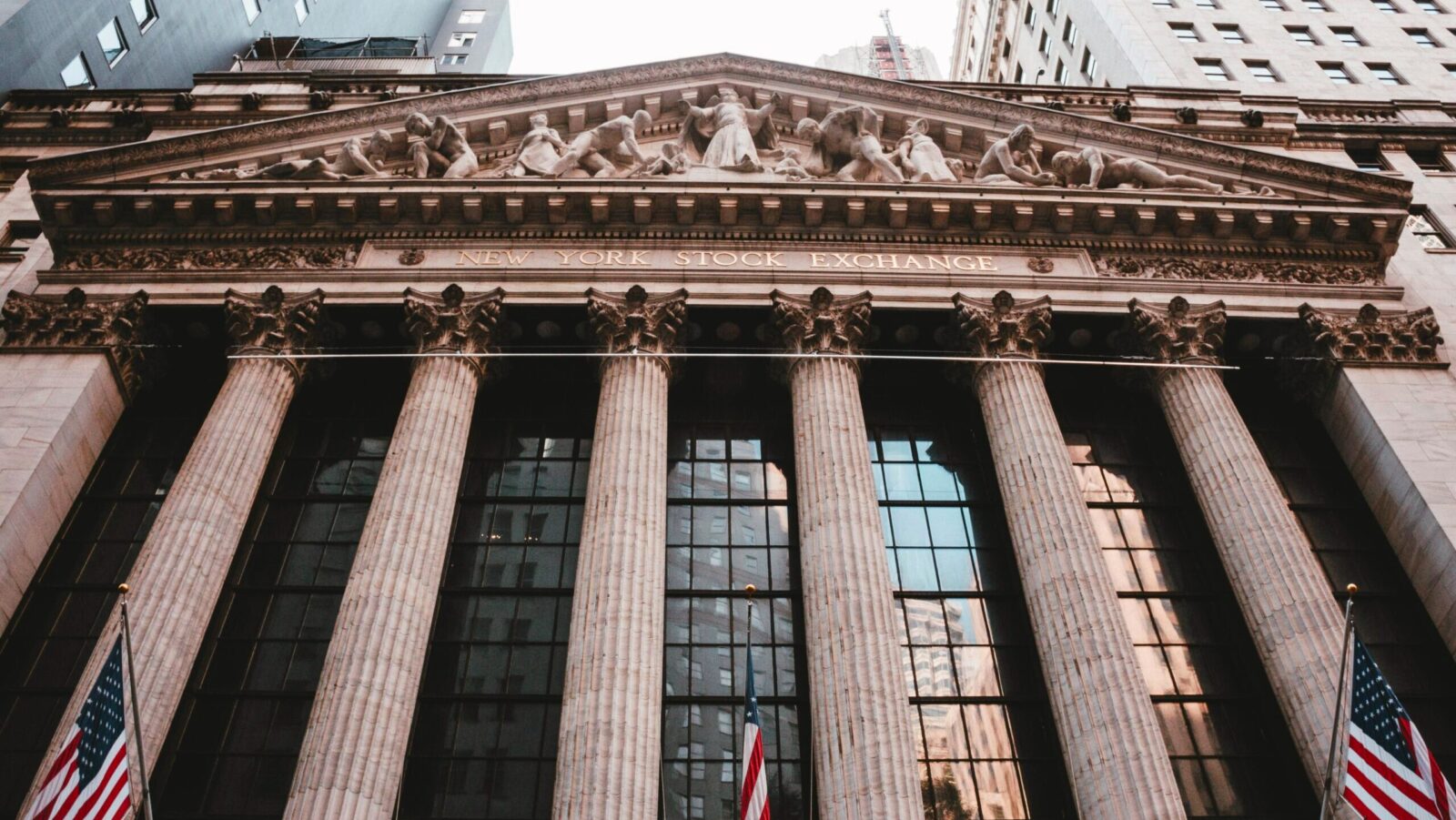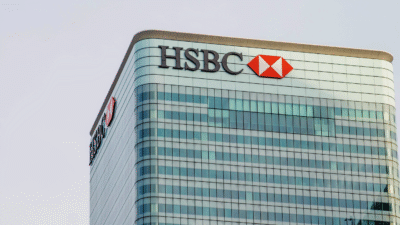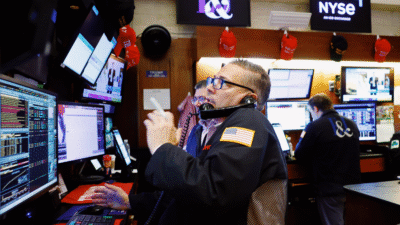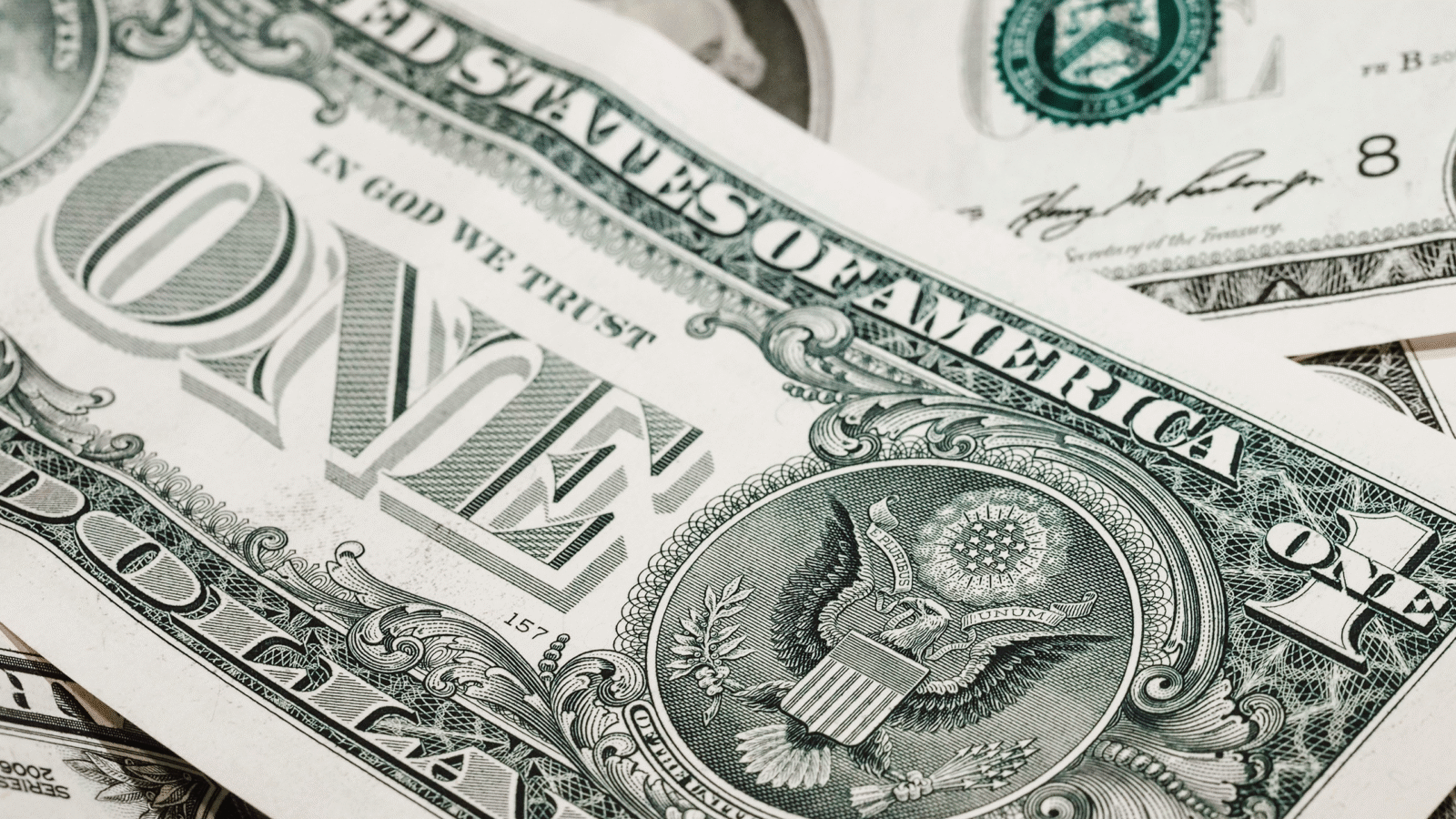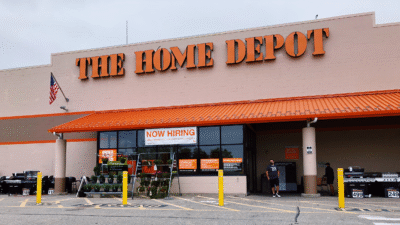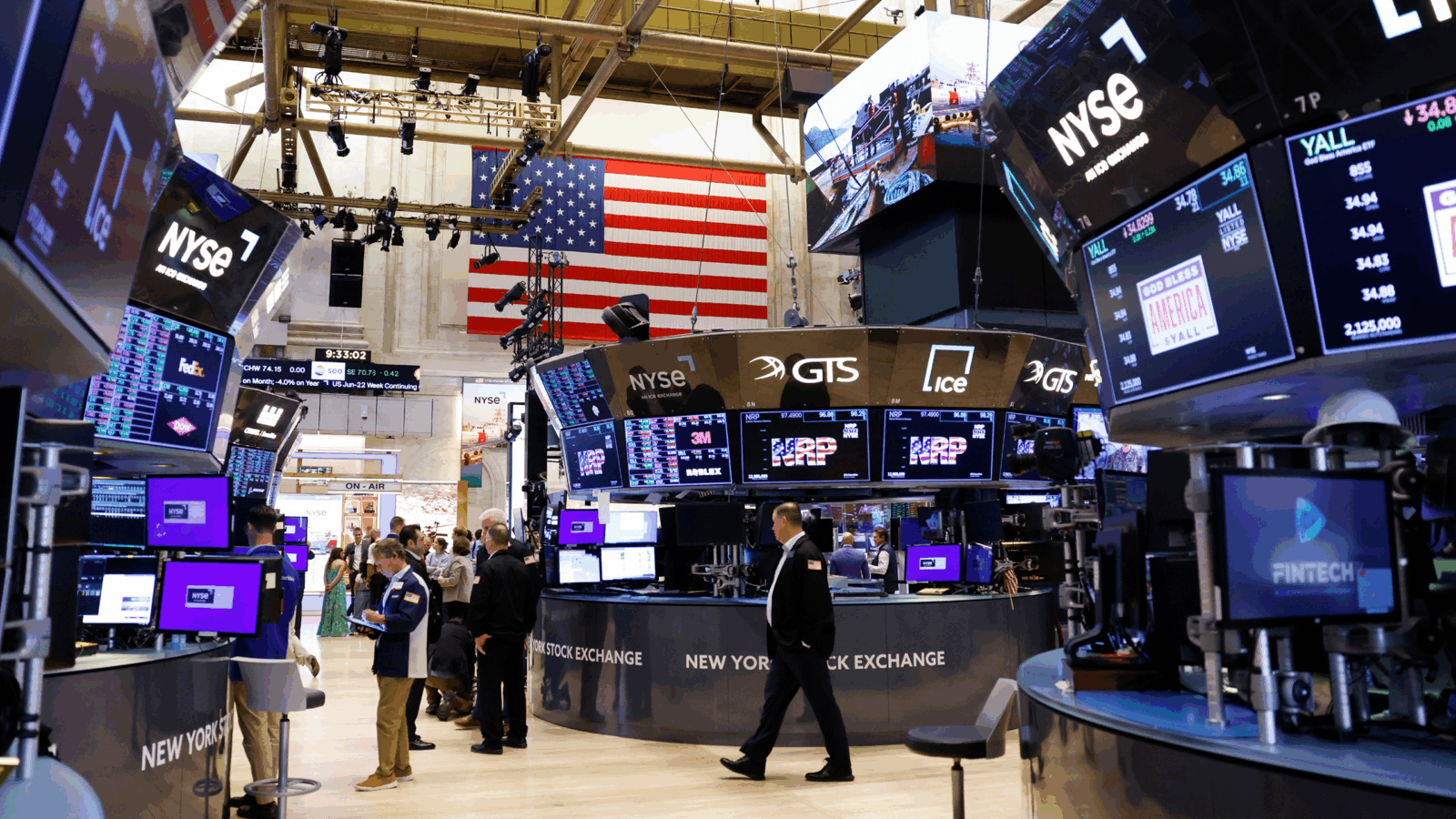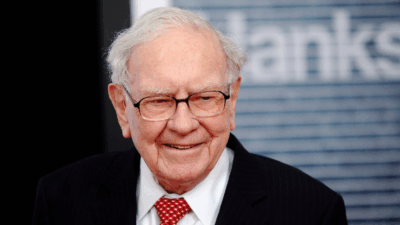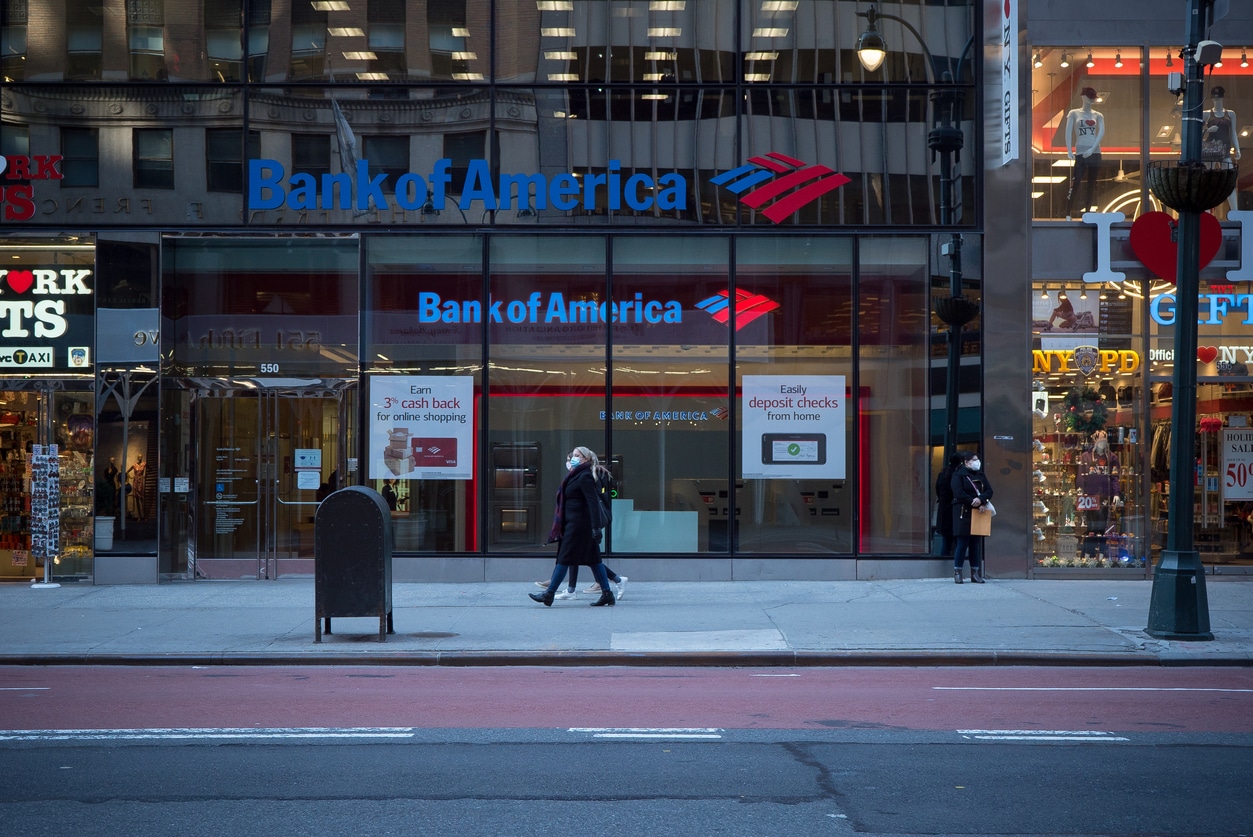
Sign up for smart news, insights, and analysis on the biggest financial stories of the day.
Think rising interest rates are a pain because of what they did to your mortgage? Talk to a CEO whose company mortgaged their future on junk loans tied to the US Federal Reserve’s every move.
The high costs of floating-rate loans, which rise with interest rates and are a popular tool for companies with a less-than-stellar credit rating, are starting to weigh on firms carrying around ungainly amounts of debt. They could have a wider impact on the buyout market — by sticking a wrench in it.
In a Junk Funk
When a company takes on a leveraged loan, it typically commits to paying a floating interest rate, which rises whenever the Fed tightens the screws on monetary policy. With the Fed expected to unleash multiple rate hike rates in an effort to combat inflation, Citigroup forecasts the benchmark rates that leveraged loans are anchored to will climb to 3% in the next year, up from 0.50% right now. That would mean a $45 billion increase in loan-servicing costs just on the loans issued last year, according to Dealogic data reviewed by The Wall Street Journal.
In 2021, American companies took out a record $1.8 trillion in junk-rated loans. This year, both Citigroup and Bank of America have warned that the cumulative portfolio is a growing risk. Given that it carries a larger chance of default than investment-grade debt, a junk-rated loan can foist particularly onerous conditions on debt holders. Some firms could start to feel the pain very soon:
- Fashion giant Revlon has an annual interest expenditure of $260 million, contrasted with just $206 million in liquidity as of December, according to ratings agency S&P.
- Per Moody’s, technical equipment manufacturer Encore Global, which issued $2.2 billion in loans at the end of 2020, is carrying an unsustainable debt load.
“It is one of the biggest concerns that we have and we have been tracking it in our portfolios since the end of last year,” says Somnath Mukherjee, head of investments at Lakemore Partners, a firm that invests in vehicles that own junk loans, told the Journal.
Buyout Boom to Bust: As private-equity firms often pay for deals with leveraged funds once borrowed by the companies they acquire, if loan costs keep going up, the record $1 trillion buyout boom of last year could turn into a bust.
